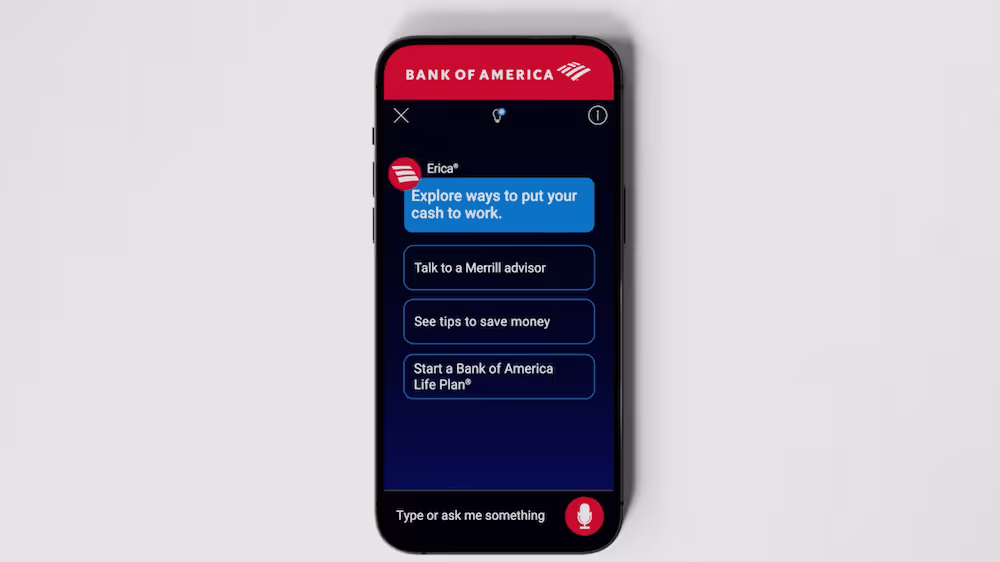
Credit: brex.com (edited)
AI is transforming finance, freeing teams in every department for higher-impact work
Key points
- AI is transforming finance teams by automating manual tasks, allowing for new operational efficiencies to emerge.
- Brex's Head of Business Systems, Kaushik Patel, envisions AI reshaping payments and expense management, moving away from traditional banking methods.
- While AI offers opportunities, it also presents cybersecurity challenges, necessitating enhanced protective measures.
- Emerging tools in identity verification and document authentication are helping finance companies stay secure.
AI is powering fintech solutions where the time spent on enforcing controls is now reduced to minutes. It's opening up people's bandwidth in how they operate, and that is sincerely welcome on finance teams.
Pressure is mounting across industries as teams race to adapt to the rise of AI. While some struggle to stay afloat, finance teams are breathing a sigh of relief. AI has freed them from tedious, manual tasks, opening the door to new ways of working and thinking.
The question now is: what will finance achieve once unshackled from old conventions? Kaushik Patel, Head of Business Systems at Brex, envisions a future where AI not only revolutionizes payments and expense management but also fundamentally reshapes what finance teams are capable of.
100 years of tradition: "Our world is insanely exciting in terms of opportunities," Patel says. "This evolution of fintech technology is still so new, and prior to that, it was dominated by 100-year-old banks and traditional banking infrastructure." Highlighting how quickly the industry is breaking with convention, he points to systems that enable instant transactions, granular spend controls, and smarter financial oversight—all happening mostly behind the scenes and easy to miss if you weren’t paying attention.
A sincere welcome: At Brex, a fast-growing fintech firm offering credit cards, expense management, banking, and travel solutions to businesses of all sizes, AI is enabling finance teams to shift away from manual, policy-driven controls. "What used to be governed by traditional conservative policies—allowing people to spend only in certain scenarios—is no longer the case," Patel notes. "AI is powering fintech solutions where the time spent on enforcing controls is now reduced to minutes. It's opening up people's bandwidth in how they operate, and that is sincerely welcome on finance teams."
The biggest thing we're looking at is these mini feedback loops that are endorsements showing we are on the right path. Whether we are on an exponential journey or not is less of a concern. That feedback loop is the validation we need, and it gives us the ability to pivot when necessary.
Chicken and egg: But with opportunity comes new risks. Patel points out that while AI is helping innovate, it equally opens the door to challenges in terms of cybersecurity. "It's a chicken and egg situation," he says. "As much as AI is powering the good, it’s also powering bad actors."
He acknowledges the immediate need to bolster cybersecurity in finance, especially with digital footprints becoming more complex. "When a pattern match occurs, it’s easy to identify," he says, "but it's the one-off situations where the biggest challenges lie." Still, Patel is optimistic about emerging tools—from identity verification systems to document authentication technologies—that are helping companies stay ahead.
Ambiguity: "Maybe we are currently in a phase of ambiguity," he concedes, but believes the urgency of safeguarding financial transactions will drive faster advancements. "Any loss of money hits your bottom line right away. Money is the hardest thing for customers to part with, and losing it means you risk losing a customer’s lifetime value."
Feedback loops: Ultimately, Patel emphasizes the importance of looking for signs as fintech companies navigate AI’s impact on the industry. "The biggest thing we're looking at is these mini feedback loops that are endorsements showing we are on the right path," he says. "Whether we are on an exponential journey or not is less of a concern. That feedback loop is the validation we need, and it gives us the ability to pivot when necessary."


